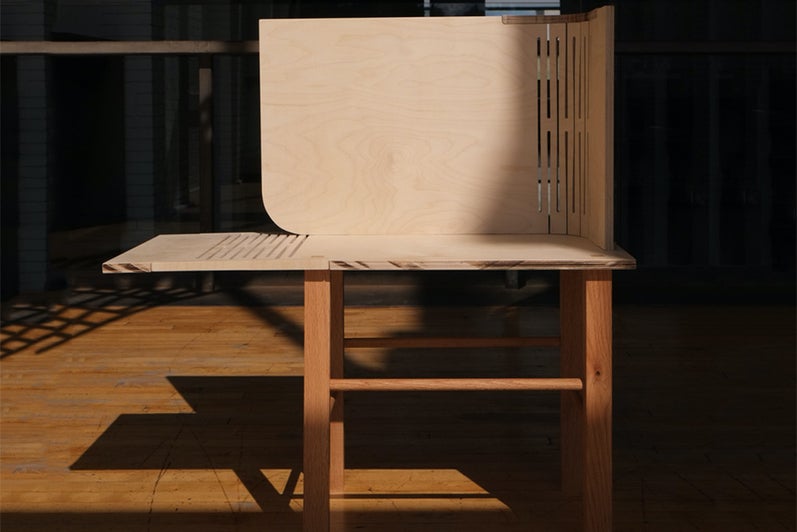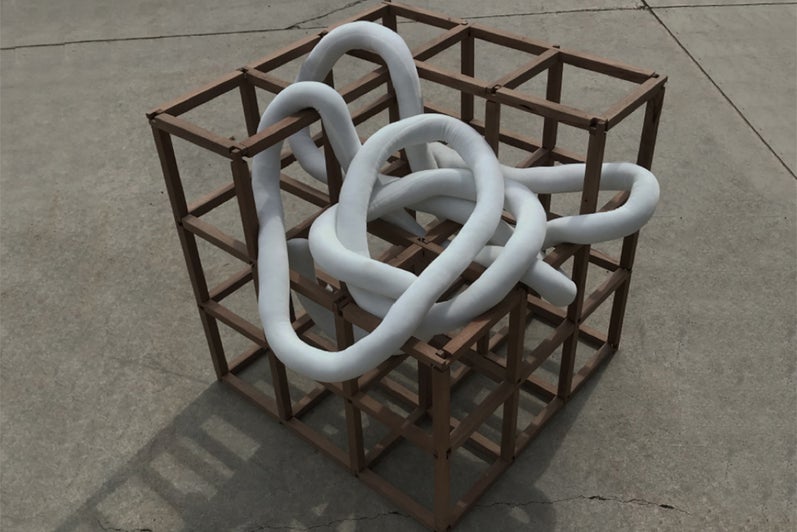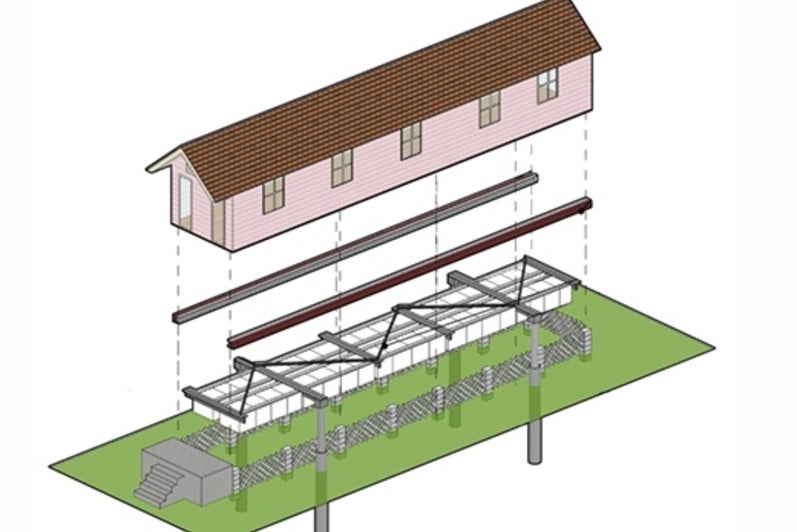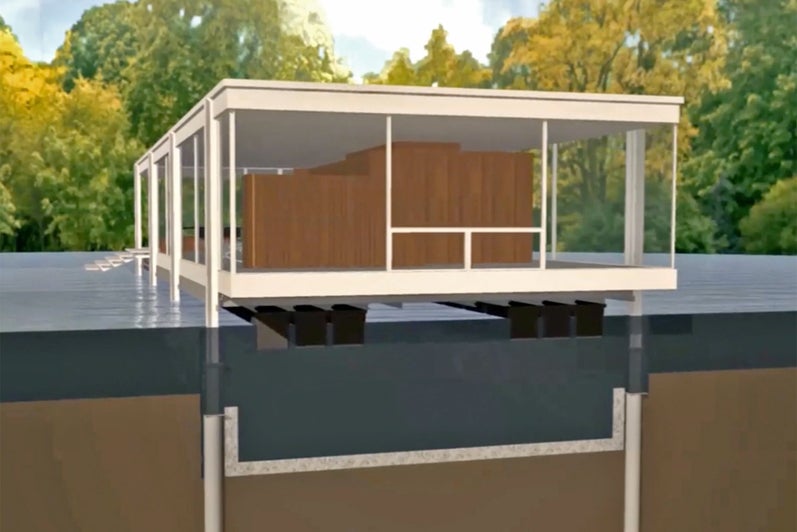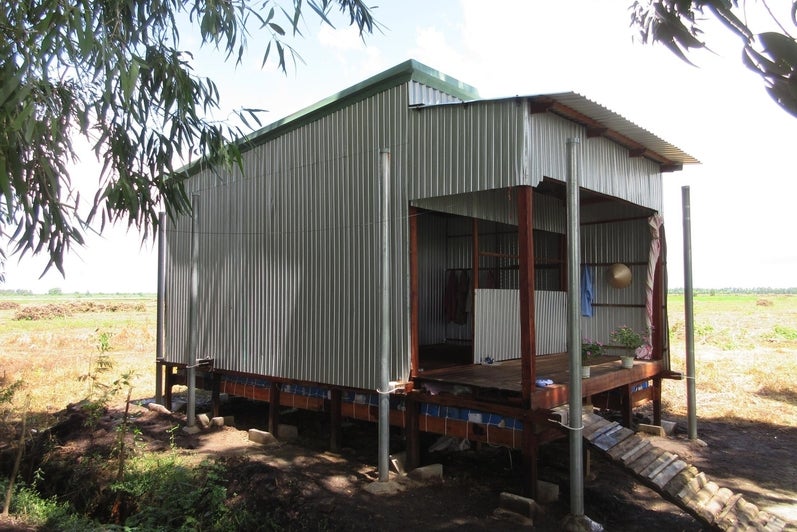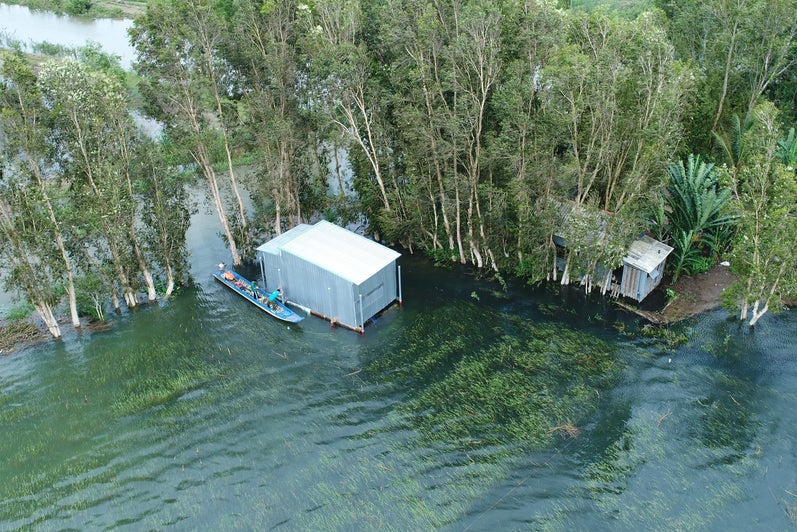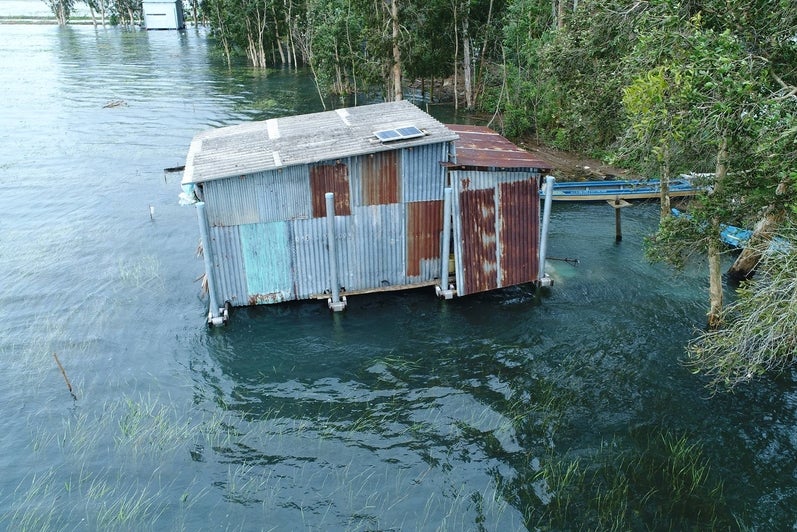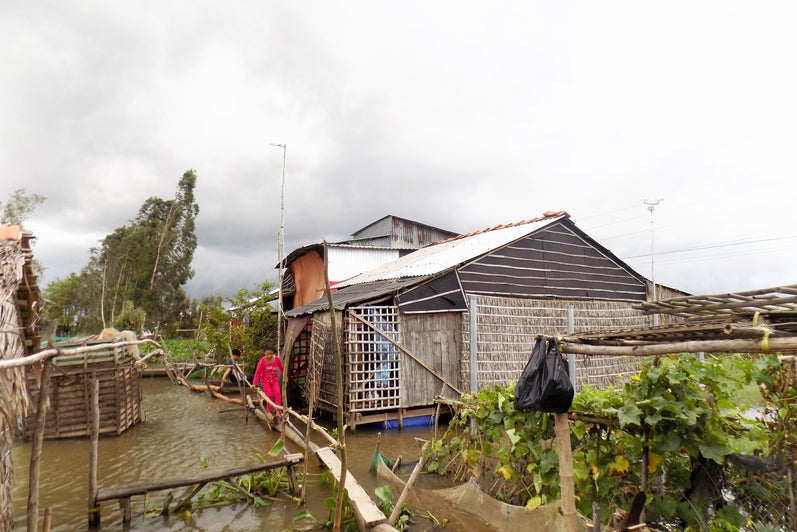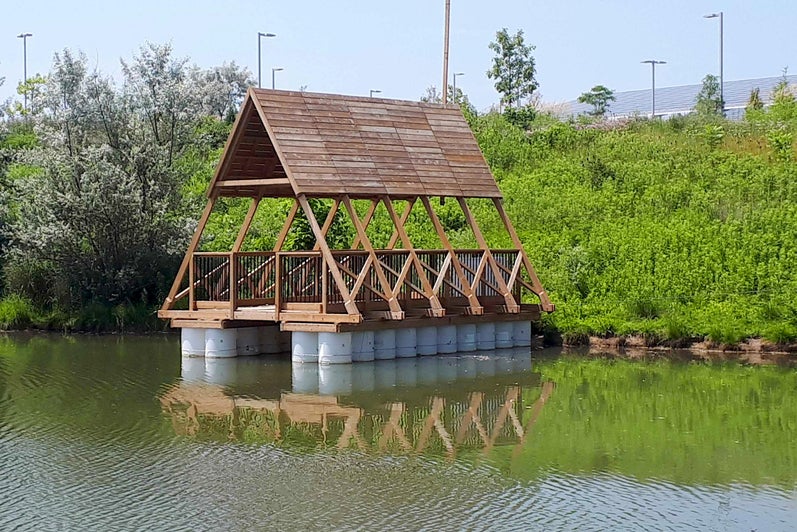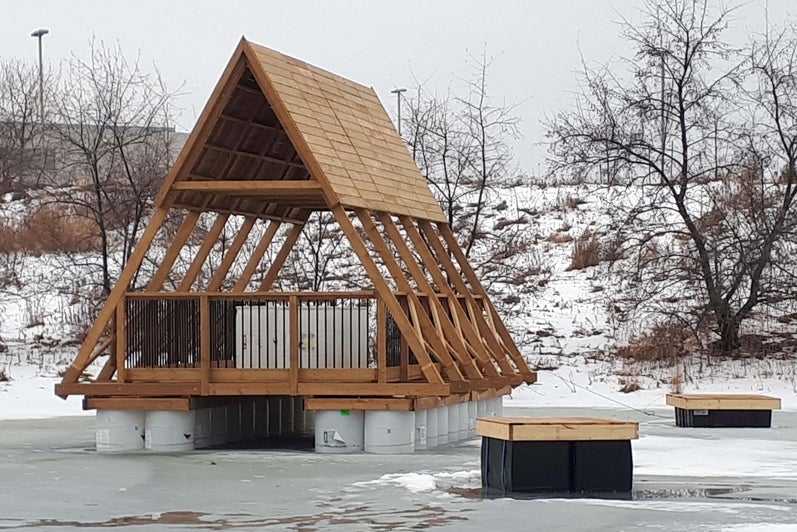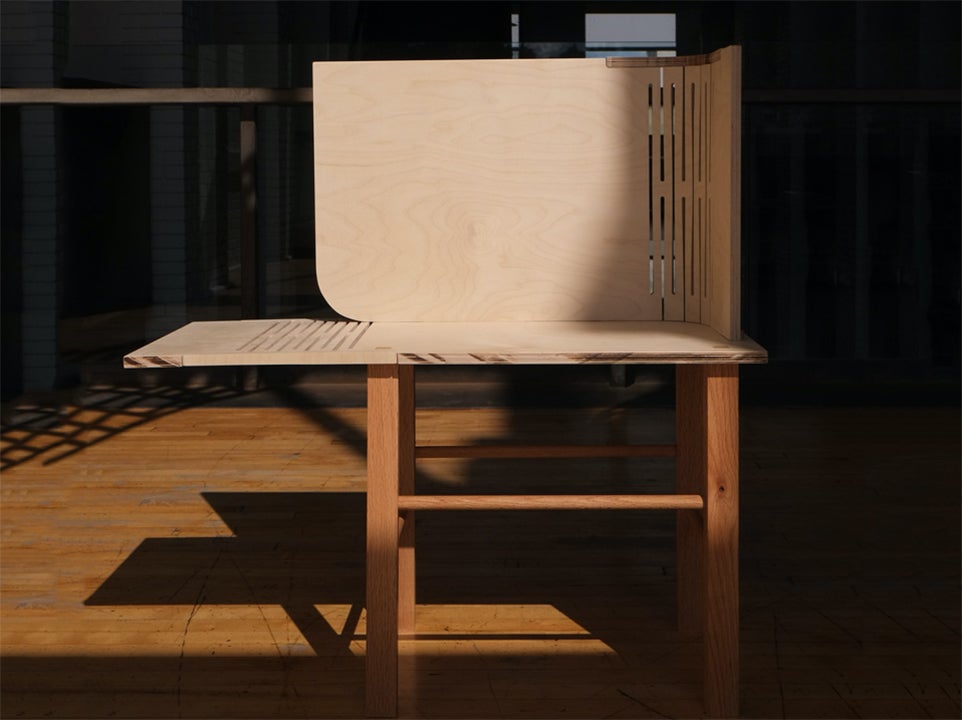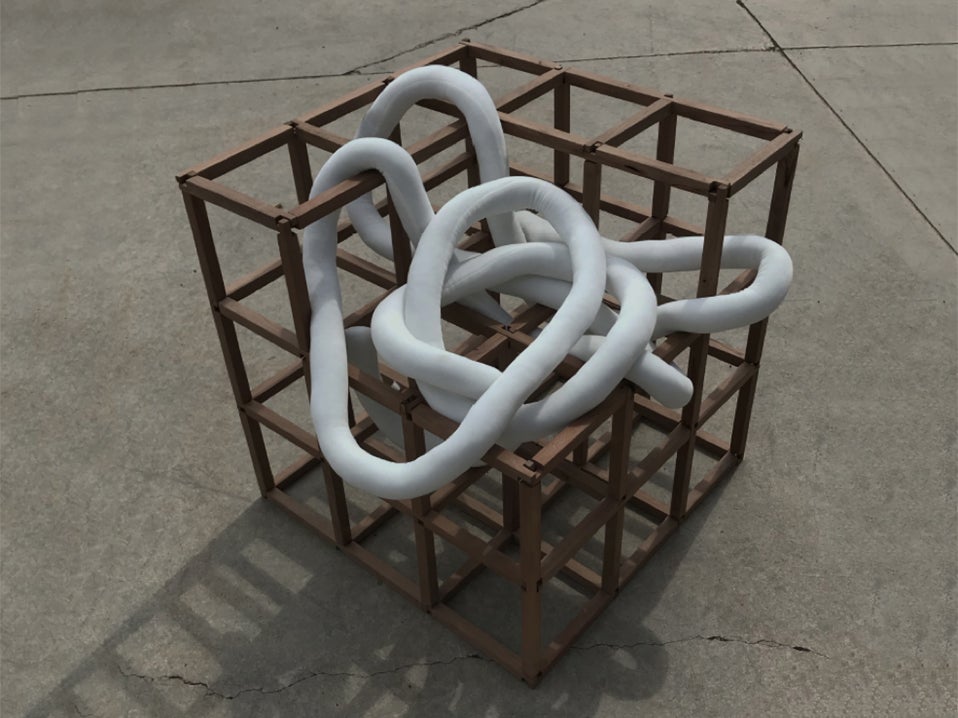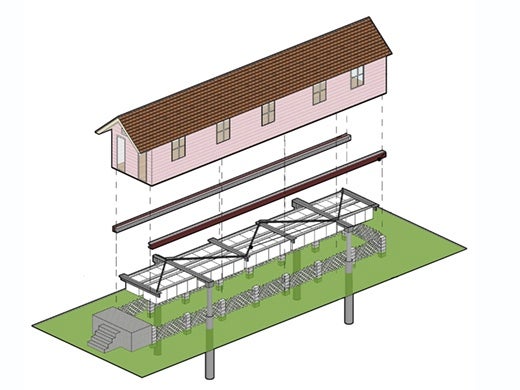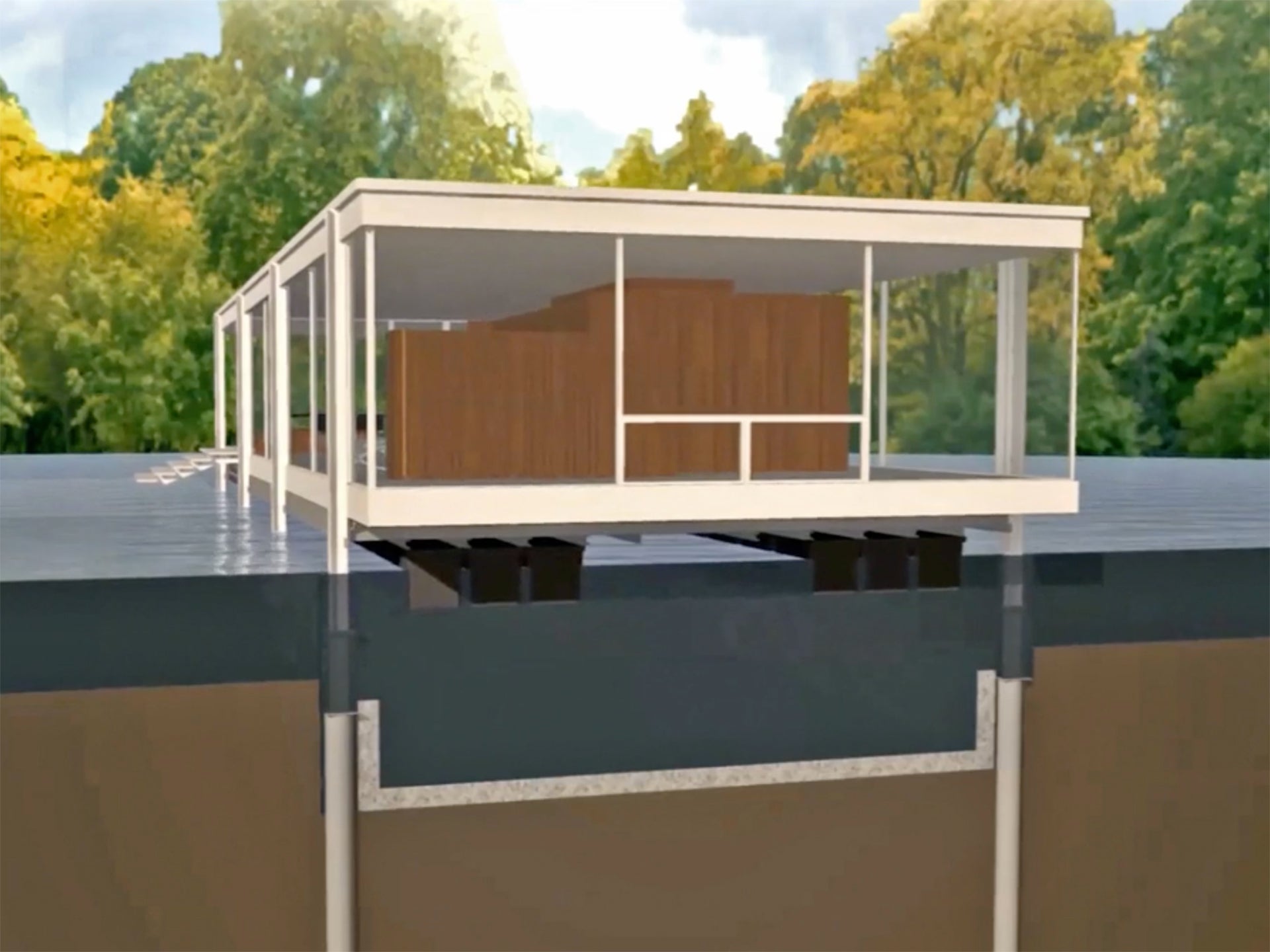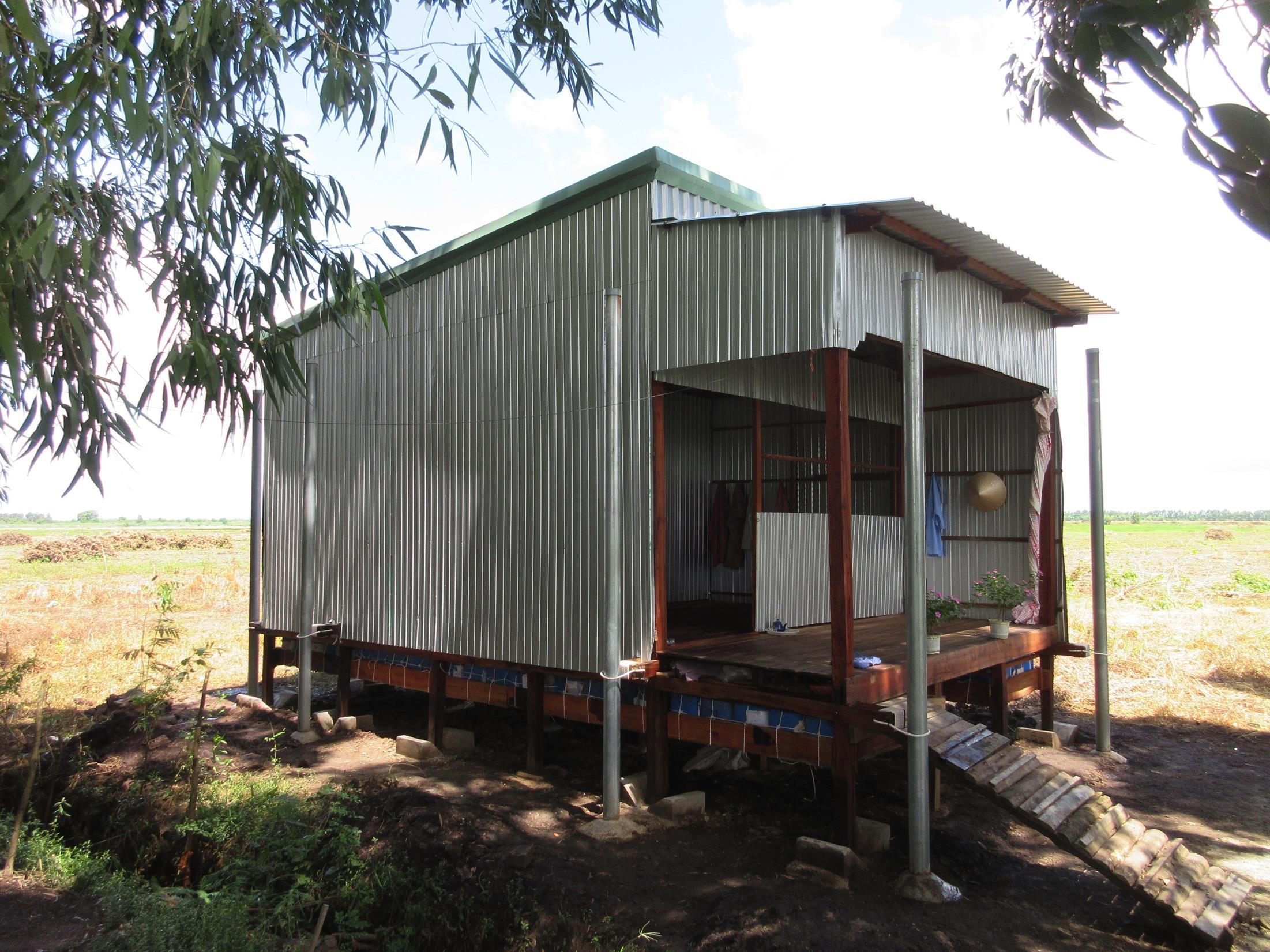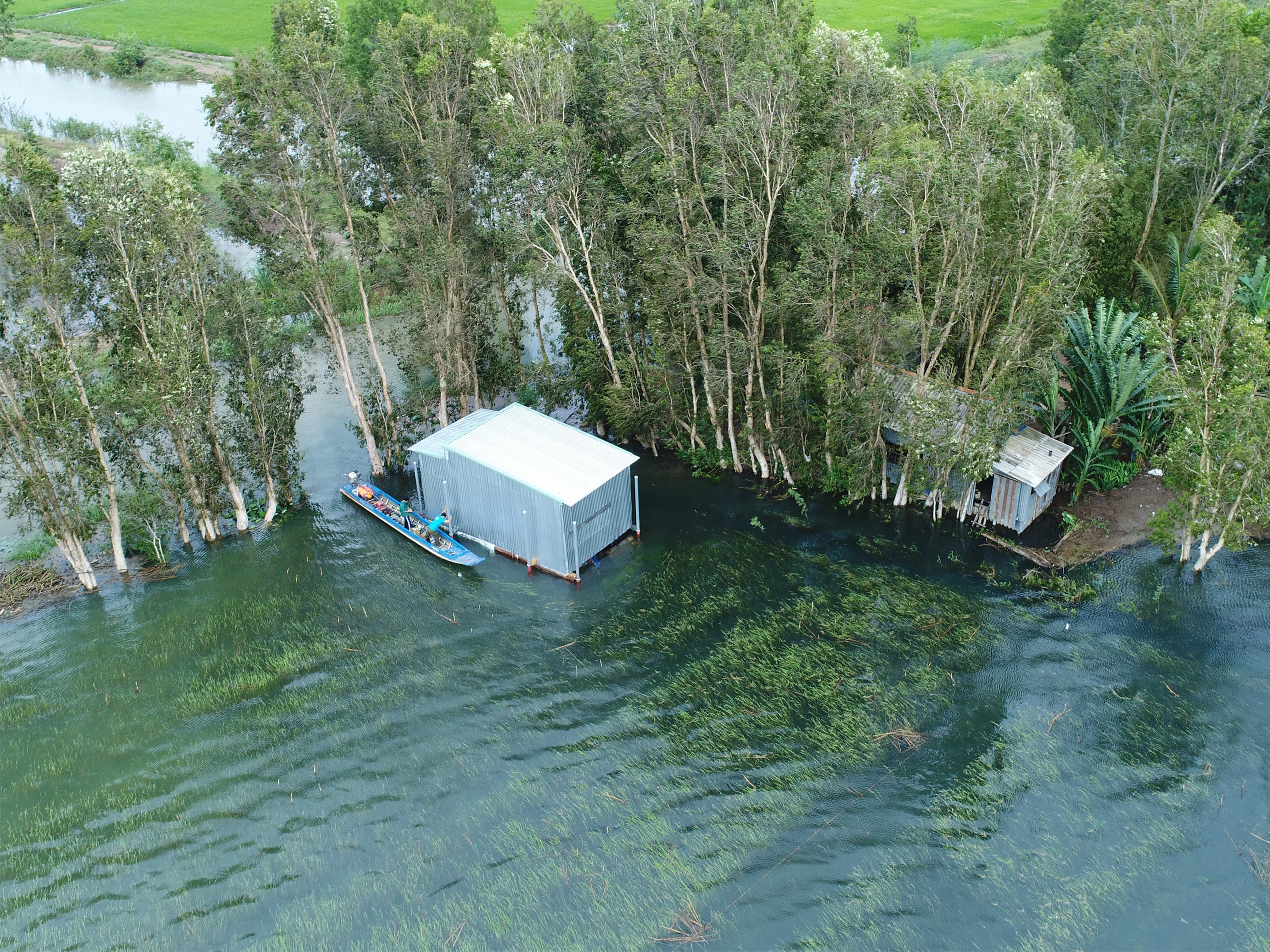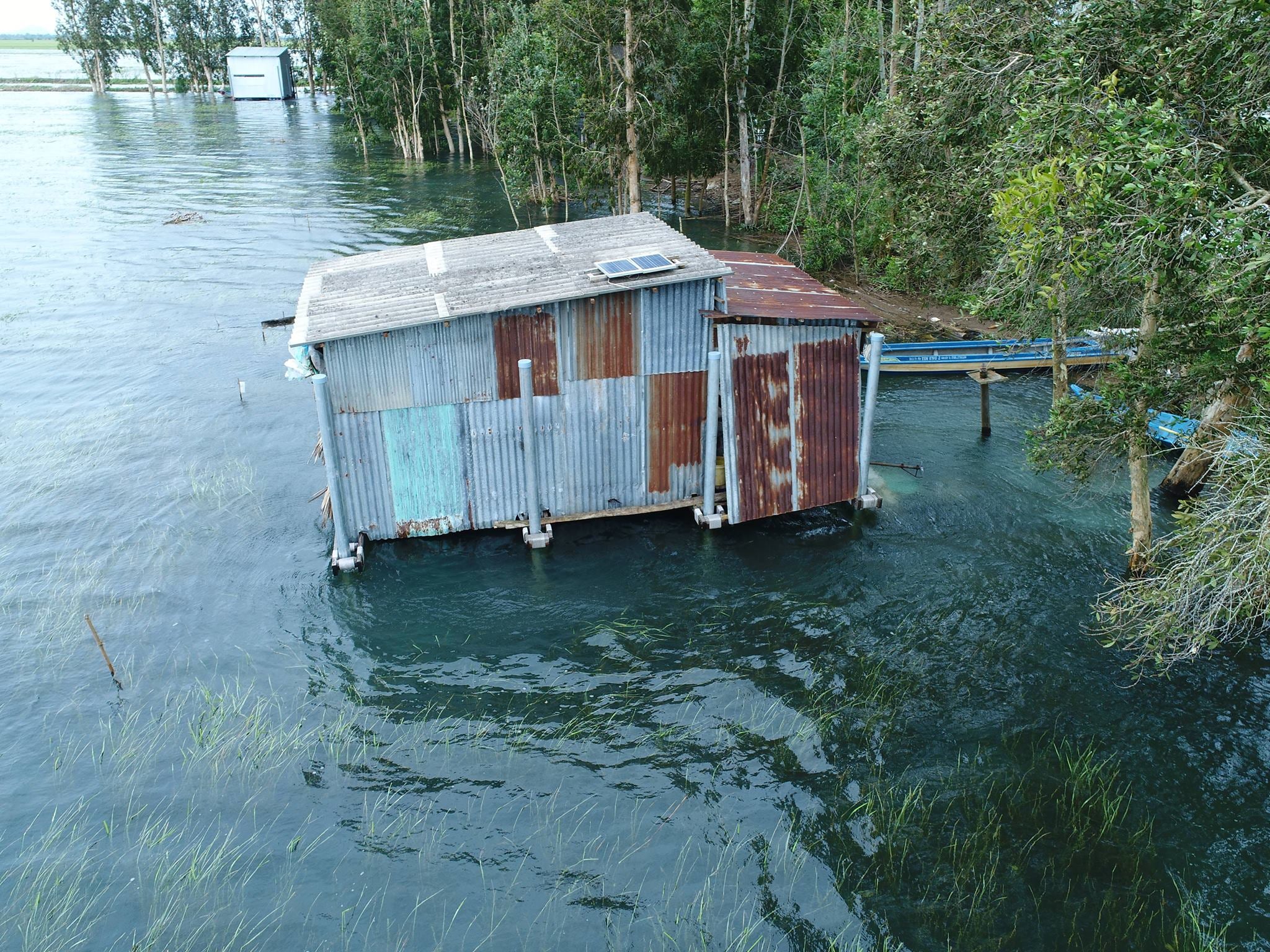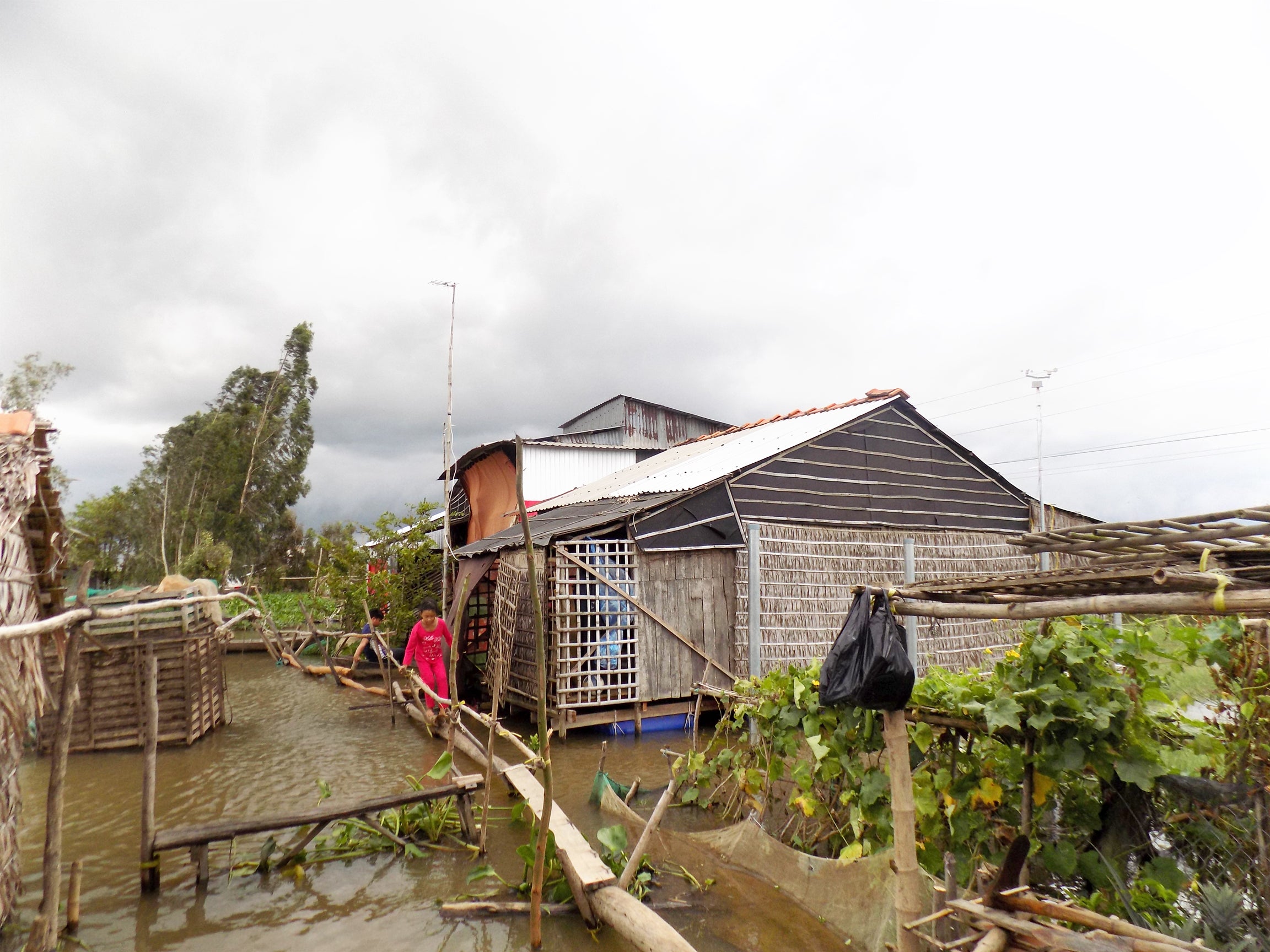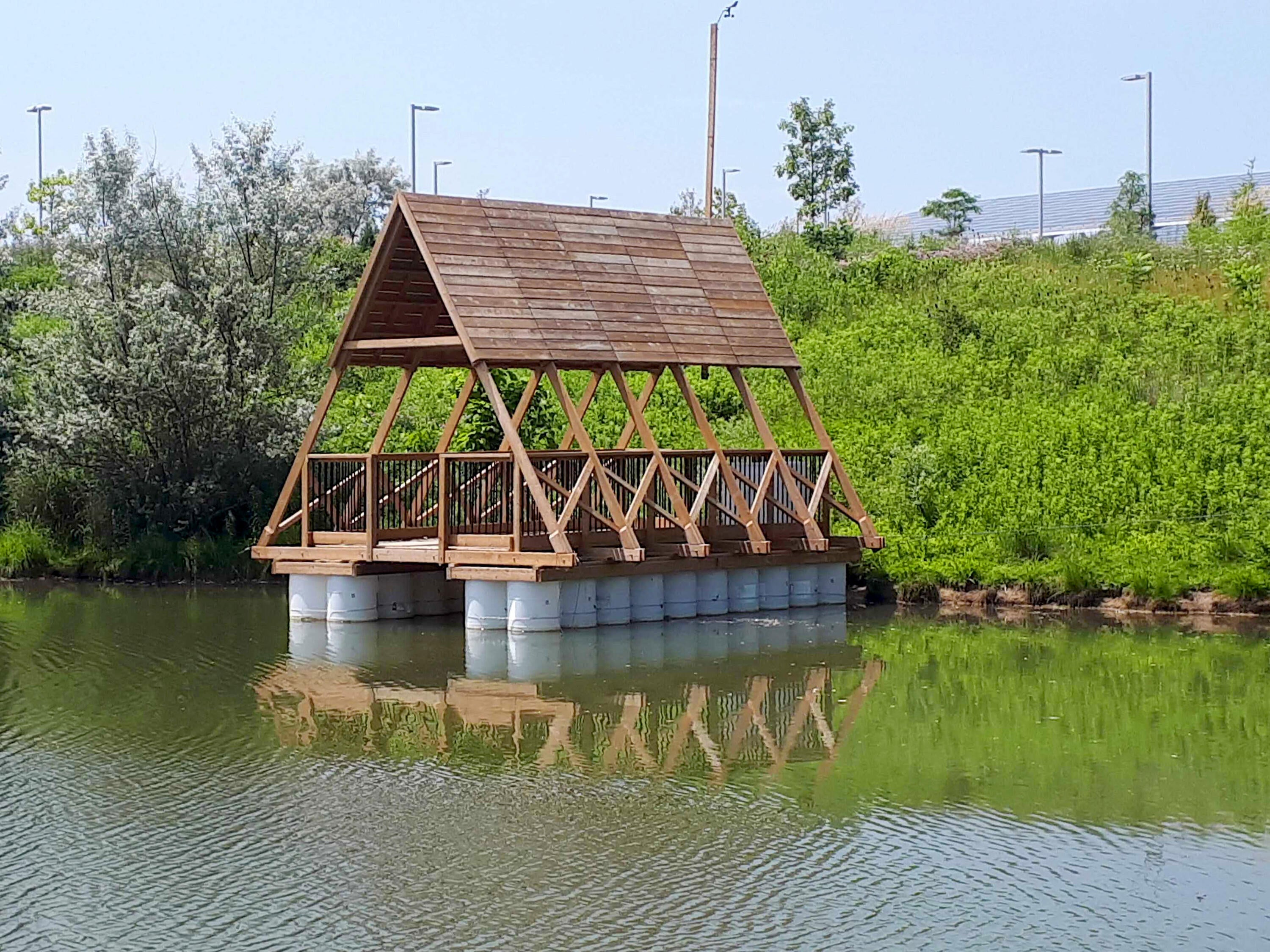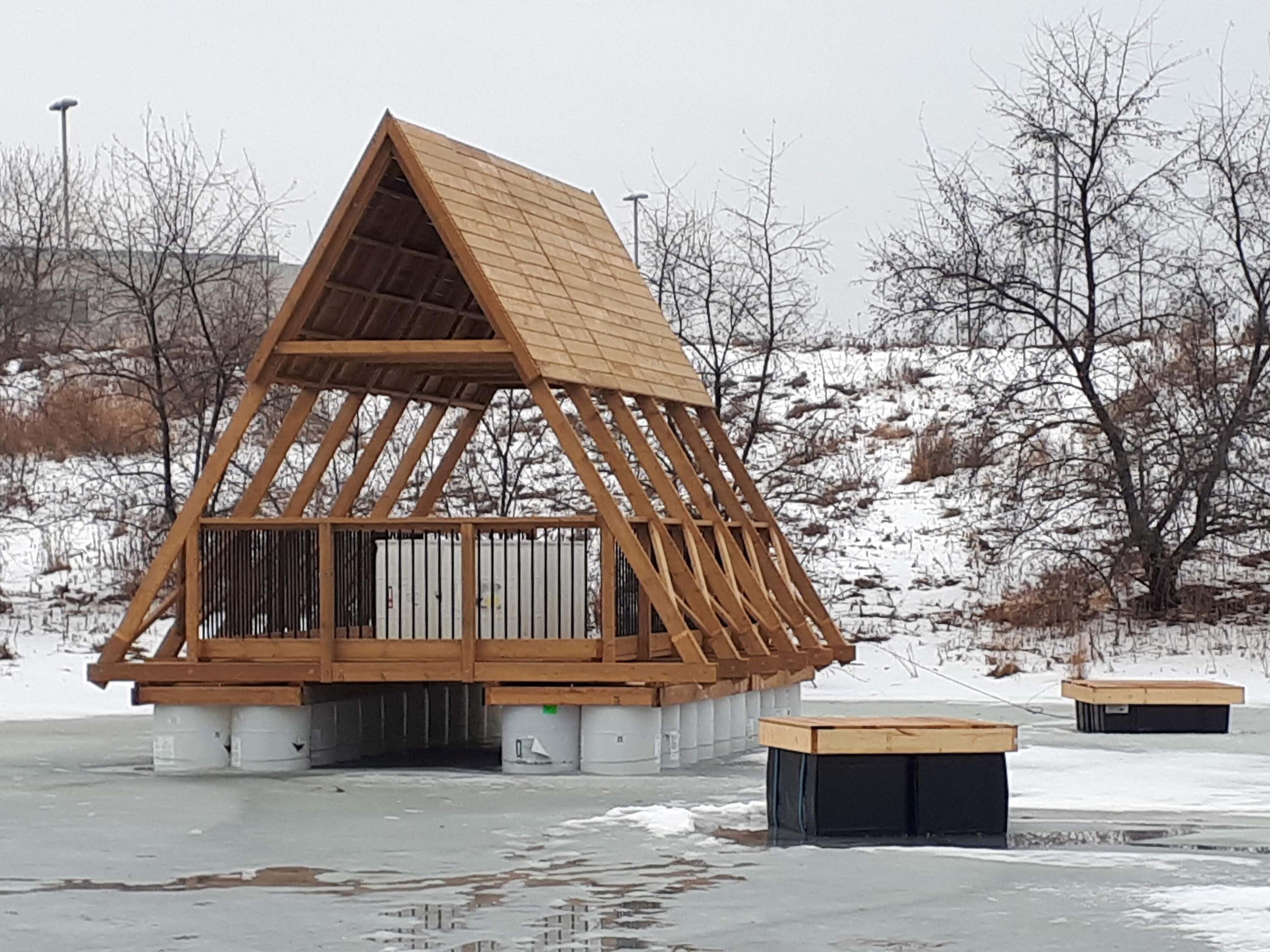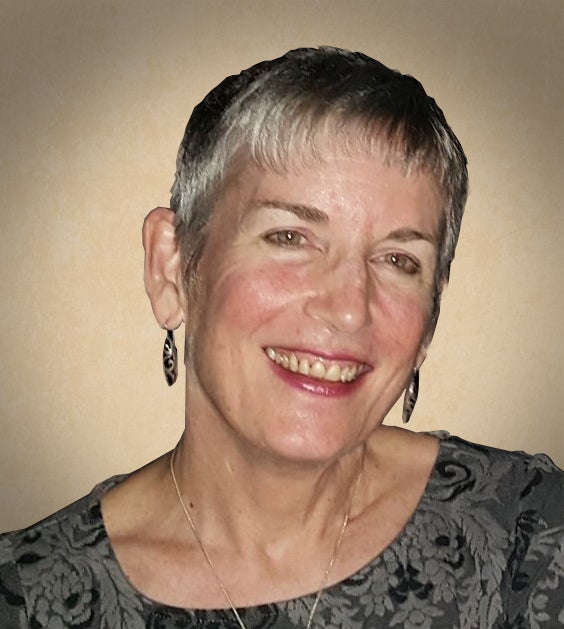
Elizabeth began her work on amphibious architecture in 2006 while conducting research at the LSU Hurricane Center after witnessing the devastation caused by Hurricane Katrina in New Orleans. In 2007, Elizabeth founded the Buoyant Foundation Project (BFP), a not-for-profit organization that has become a leader in the development of amphibious architecture solutions, with particular emphasis on retrofitting existing homes. The BFP promotes flood mitigation and climate change adaptation strategies that work in synchrony with water to enhance community resilience. Since its inception, the BFP has developed amphibious strategies for vulnerable populations in Bangladesh, Nicaragua, Jamaica, northern Canada, and southern Louisiana.
In 2015, Elizabeth co-founded the First International Conference on Amphibious Architecture, Design and Engineering (ICAADE) and has since co-chaired ICAADE 2017 and 2019. In 2016, the BFP received funds from the Global Resilience Partnership’s Water Window Challenge to develop amphibious retrofit construction for houses in the Mekong Delta, Vietnam, as a means of reducing the flood vulnerability experienced by rural rice farmers. The BFP is currently working on a project to build flood resilient housing for Canada through funding received from the National Research Council of Canada.
Elizabeth has a background in both Architecture and engineering. She teaches courses in Building Technology & Environment, and in Cultural History, where her elective course focuses on the influence of mid-19th c. Russian mystical religious philosophy on the Russian avant-garde architectural theories of the early 20th c., the topic of her Ph.D. research.
Elizabeth’s work on amphibious retrofit construction is featured here:
